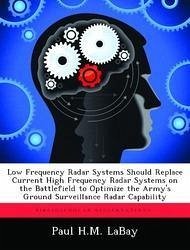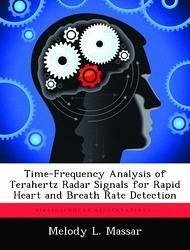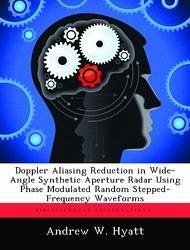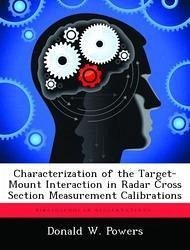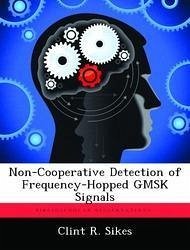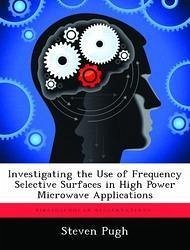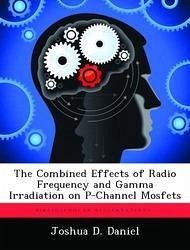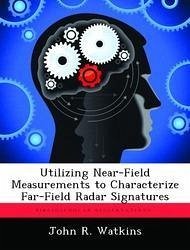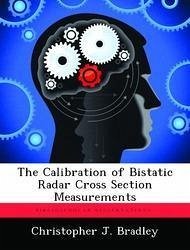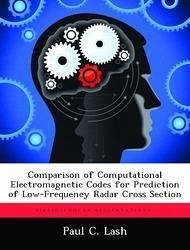
Comparison of Computational Electromagnetic Codes for Prediction of Low-Frequency Radar Cross Section
Versandkostenfrei!
Versandfertig in über 4 Wochen
52,99 €
inkl. MwSt.
Weitere Ausgaben:

PAYBACK Punkte
26 °P sammeln!
Radar cross section (RCS) prediction of full-scale aircraft is of interest to military planners for a variety of applications. Several computational electromagnetic codes for RCS prediction are available with differing features and capabilities. The goal of this research is to compare the capabilities of three computational electromagnetic codes for use in production of RCS signature assessments at low frequencies in terms of performance, accuracy, and features: Fast Illinois Solver Code (FISC), Code for Analysis of Radiators on Lossy Surfaces (CARLOS-3D), and Science Applications Internationa...
Radar cross section (RCS) prediction of full-scale aircraft is of interest to military planners for a variety of applications. Several computational electromagnetic codes for RCS prediction are available with differing features and capabilities. The goal of this research is to compare the capabilities of three computational electromagnetic codes for use in production of RCS signature assessments at low frequencies in terms of performance, accuracy, and features: Fast Illinois Solver Code (FISC), Code for Analysis of Radiators on Lossy Surfaces (CARLOS-3D), and Science Applications International Corporation Full-wave solver (SAF). The comparison is accomplished through analysis of predicted and measured RCS of several canonical and simple objects and a complex target comprised of these constituent objects. In addition to RCS accuracy, memory requirements and computation time are key considerations for this code comparison. Verification of code performance in memory and processing time based on varying levels of unknowns is performed.



